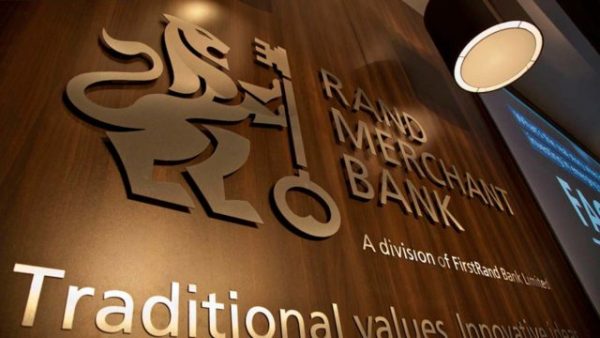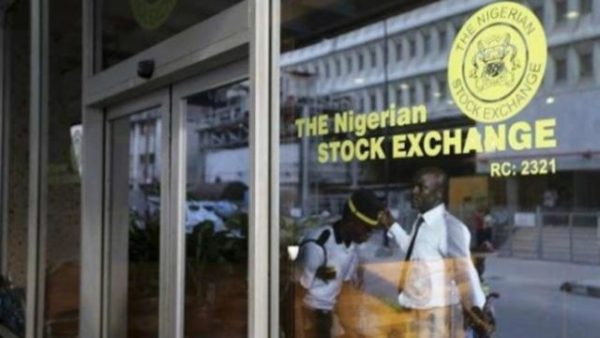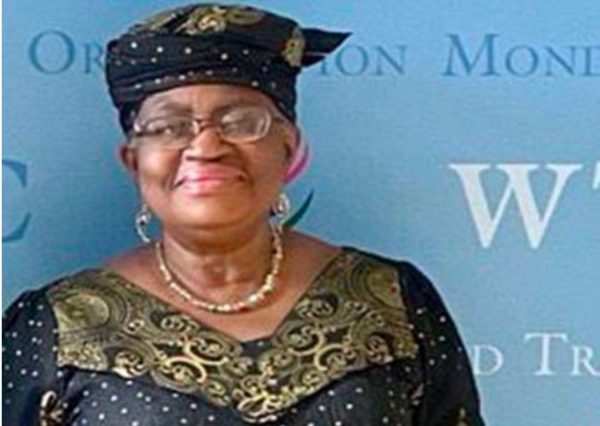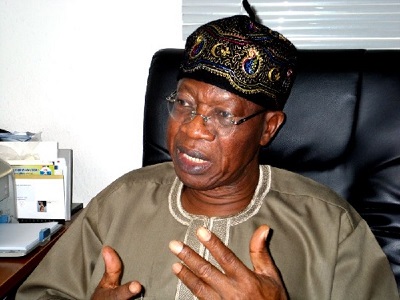RMBN reaffirms commitment to India-Africa trade
 Rand Merchant Bank Nigeria (RMBN) has restated commitment to the development of trade between India and Africa, thereby extending its services to about 50,000 Indian businesses in the country, in particular.
Rand Merchant Bank Nigeria (RMBN) has restated commitment to the development of trade between India and Africa, thereby extending its services to about 50,000 Indian businesses in the country, in particular.
This is coming as the bank expanded its operations to India, explaining that the move was aimed at enabling it diversify into different markets and tap the opportunities in the India’s economy.
The Head, Investment Banking, Rand Merchant Bank Nigeria Limited (RMBN), Dalu Ajene, disclosed this during the Indian professional forum in Lagos.
According to him, the decision to expand to India was an important and valued proposition for both countries, considering the recently signed bilateral trade agreement.
He said the bank would leverage on the opportunity by engaging significant businesses that have operations in Nigeria and also interact with those in India either through trade, capital flows or partnership.
Ajene, who also doubles as the Deputy Chief Executive Officer, RMB Nigeria, said capital formation and business success is very key to growing value proposition for a bank like RMBN.
Speaking on government policy that mandates financial institutions to contribute 10 per cent of their profit before tax to the national housing fund, he said: “It is a very interesting way by the government to address the housing shortfall that exist in Nigeria, as long as it bridges the funding gap in terms of people being able to afford houses and also being able to get effective cost financing to acquire those houses.”
He added that RMBN, as a bank, remains committed to partnering with government on bridging the housing gap in the country.
Earlier, the Indian High Commissioner to Nigeria, Shri Abhay Thakur, said his country has remained Nigeria’s largest trading partner and would continue to strengthen the bilateral trade agreement.
The Keynote speaker and Chief Executive Officer of Kainos Edge Consulting, Dr. Doyin Salami, in a presentation, noted that 2019 has better prospects for businesses than the previous year, because the uncertainties surrounding the elections have been resolved.
Salami, who is also a Senior Lecturer at the Lagos Business School, said: “Investments were not encouraging in 2018, due to the uncertainties surrounding the elections, but the successful conduct of the elections has laid to rest investors’ fear of a change in government and policies”.
He admitted that the economy was going through its recovery mode from recession, although at a snail pace.
“Nigeria is an oil-dependent country, unlike Saudi Arabia, which is an oil-rich country. Nigeria does two million barrels of crude oil per day, for at least, 365 days, roughly 800 million barrels of crude oil yearly. If there are 200 million Nigerians, that means each person is entitled to four barrels of crude oil every year”
“Saudi does 10 million barrels of crude oil daily, which means four billion barrels yearly. Saudi has 30 million citizens, which means each citizen is entitled to six thousand dollars, which is a large difference to Nigeria,” Salami said.
He stressed that the government needs to aggressively drive its revenue base, saying what happens to crude oil prices shapes the direction of the domestic economy and being a commodity, which the country is not in position to determine its fate.
He predicted that oil price for 2019 would probably be around 61 $ per barrel, saying that considering the geopolitical tensions and the slow growth of the economy, it may fall below 60 per barrel.







